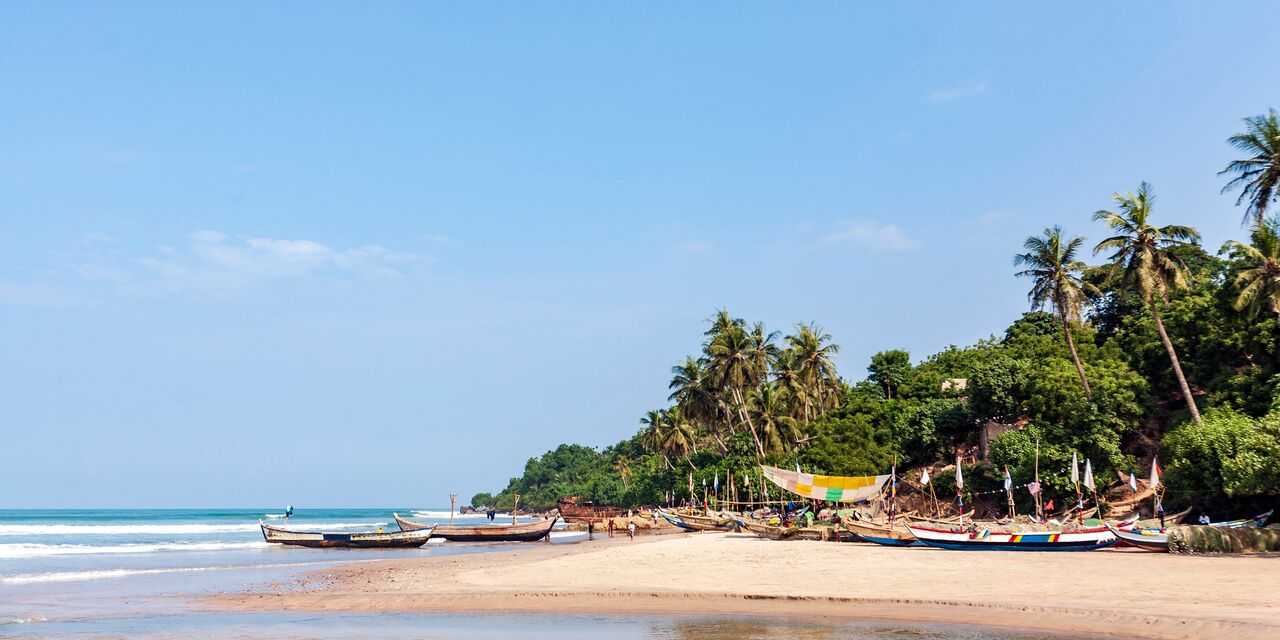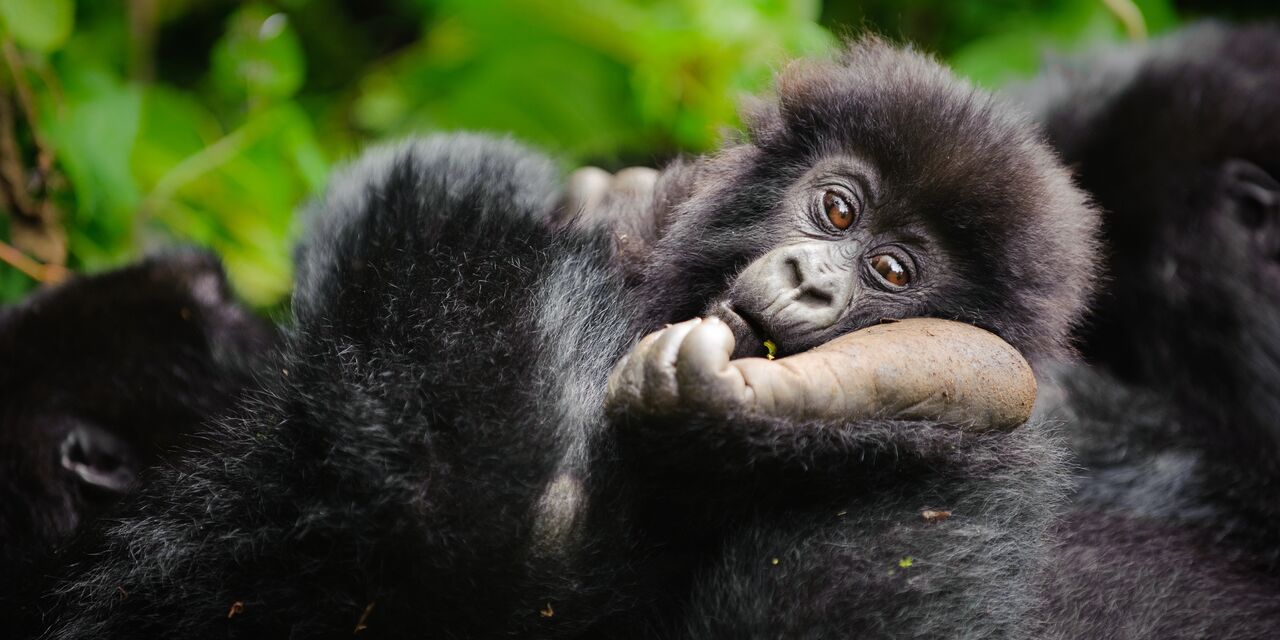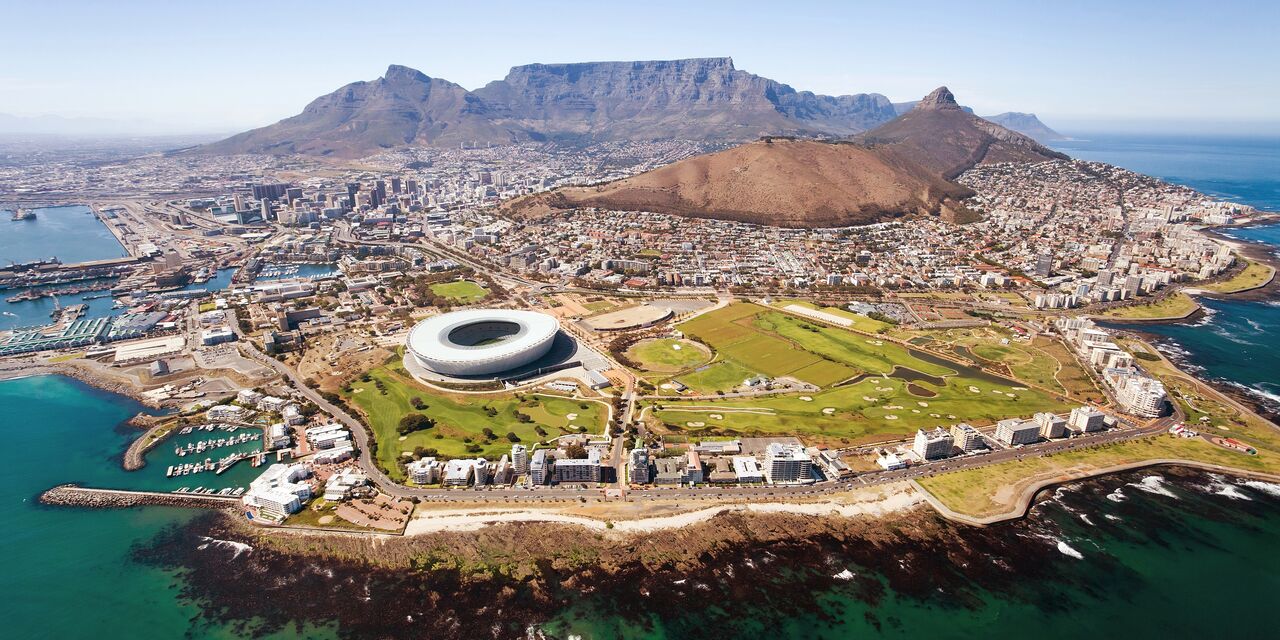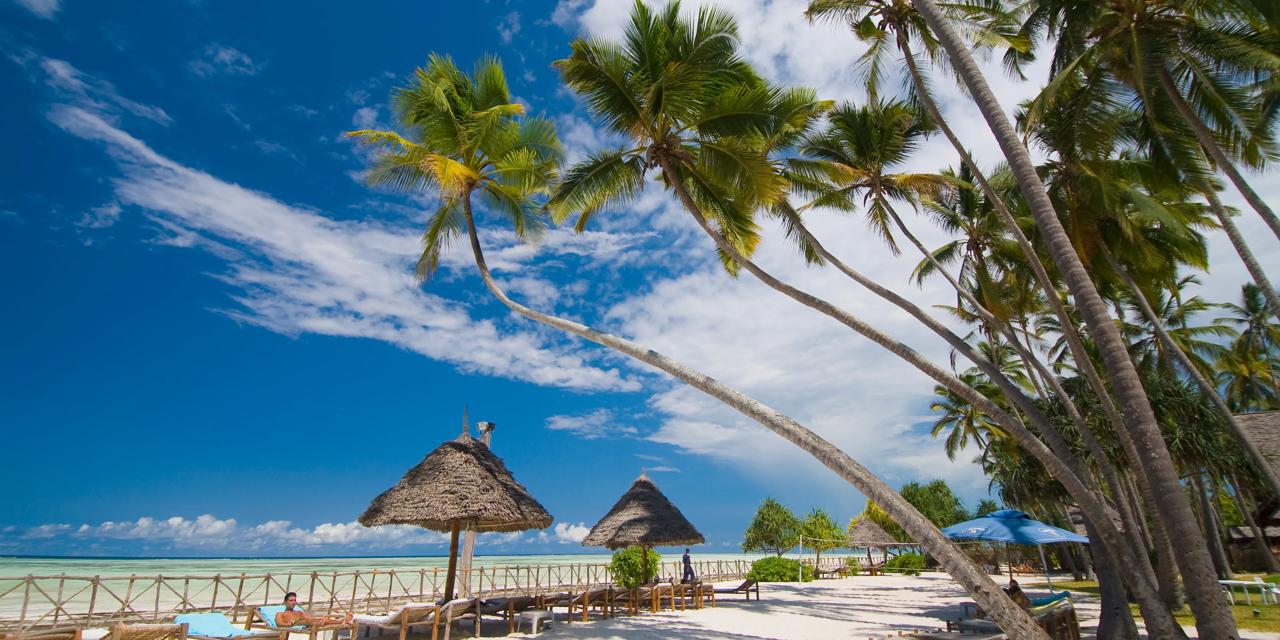The most beautiful part of Mauritius
A jagged mountain like this one on the southwestern tip of Mauritius would probably look a bit ominous elsewhere. But the row of swaying palm trees and the turquoise lagoon make all the difference: Le Morne Brabant is the most picturesque spot on the island.


A tumultuous past
In 2008, Le Morne was proclaimed a UNESCO World Heritage site. It didn’t earn this designation just for its natural beauty or the rare plants that grow on the steep hillsides. The location is first and foremost of historic importance for the role it played during slavery. At the beginning of the 19th century, Mauritius was also known as the ‘Maroon republic’, because of the large population of runaway slaves — the so-called maroons — who had escaped the houses and estates of their local masters. They sought a safe haven on the isolated and inaccessible mountain top, surrounded by steep and densely overgrown cliffs. Over time, the maroons were successful in setting up small settlements here. The story goes that when slavery was abolished, an expedition was sent out to Le Morne to bring the good news. However, the sight of the arriving troops caused great panic among the maroons, who ran themselves off the cliff. The name Le Morne, French for ‘the Sad One’, refers to the tragic fate of these slaves.

An underwater waterfall
Near Le Morne we can admire one of the most spectacular natural attractions of Mauritius. However, to see this you have to take to the sky. A helicopter is one option but Google Earth is another alternative. Just off the coast, you can see how the sea bottom suddenly gives way to a steep depth. Along the edge there seems to be the flow of an underwater waterfall. Although nothing more than an illusion, the effect is stunning: what we see is the constant flow of sand sucked into the ocean’s depths by the currents.
Discover other destinations in Africa
*The displayed prices are for one adult. All amounts are in USD. Taxes and surcharges are included. No booking fee is applicable. Prices shown may vary depending on fare availability.
The weather forecast information is provided by World Weather Online. Air France-KLM is not responsible for the reliability of this data.
















